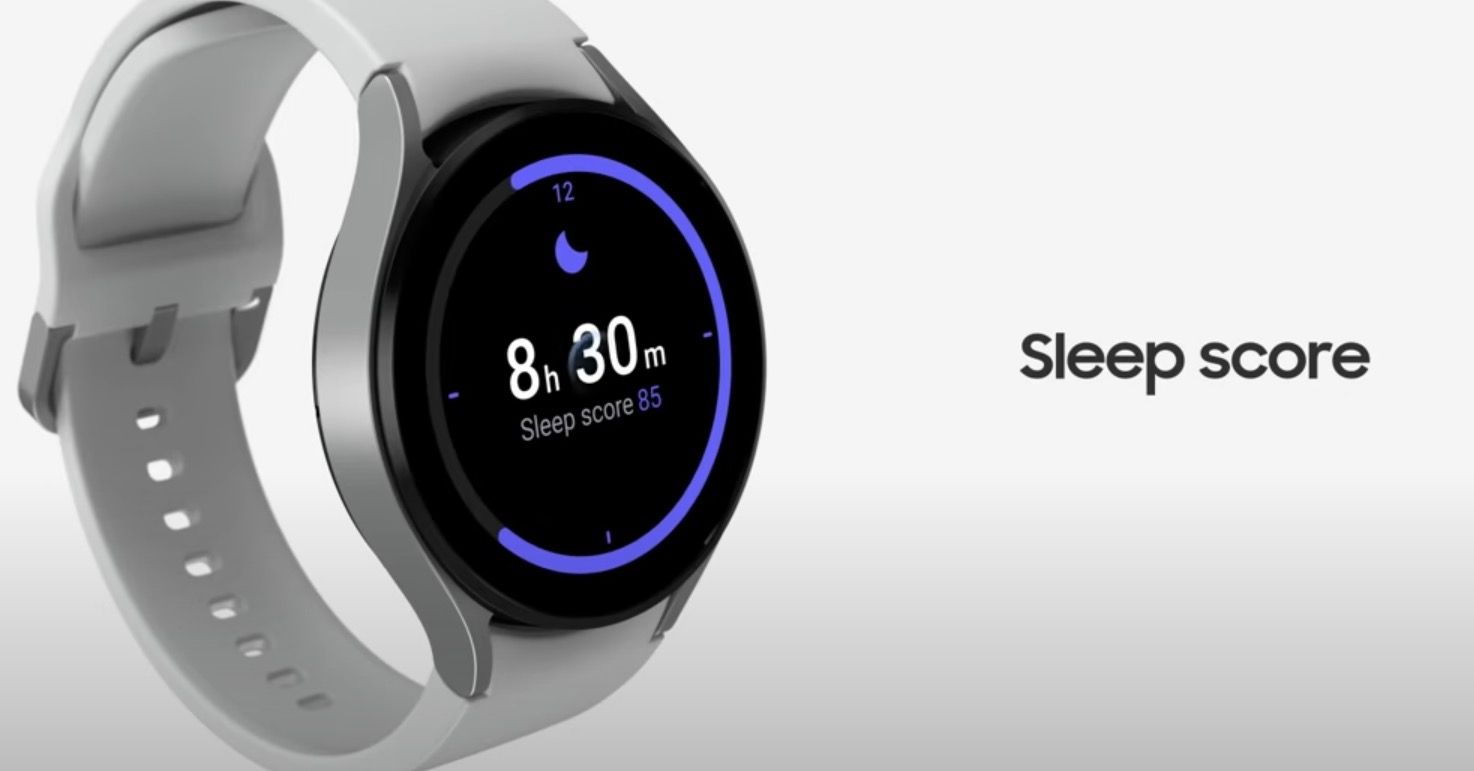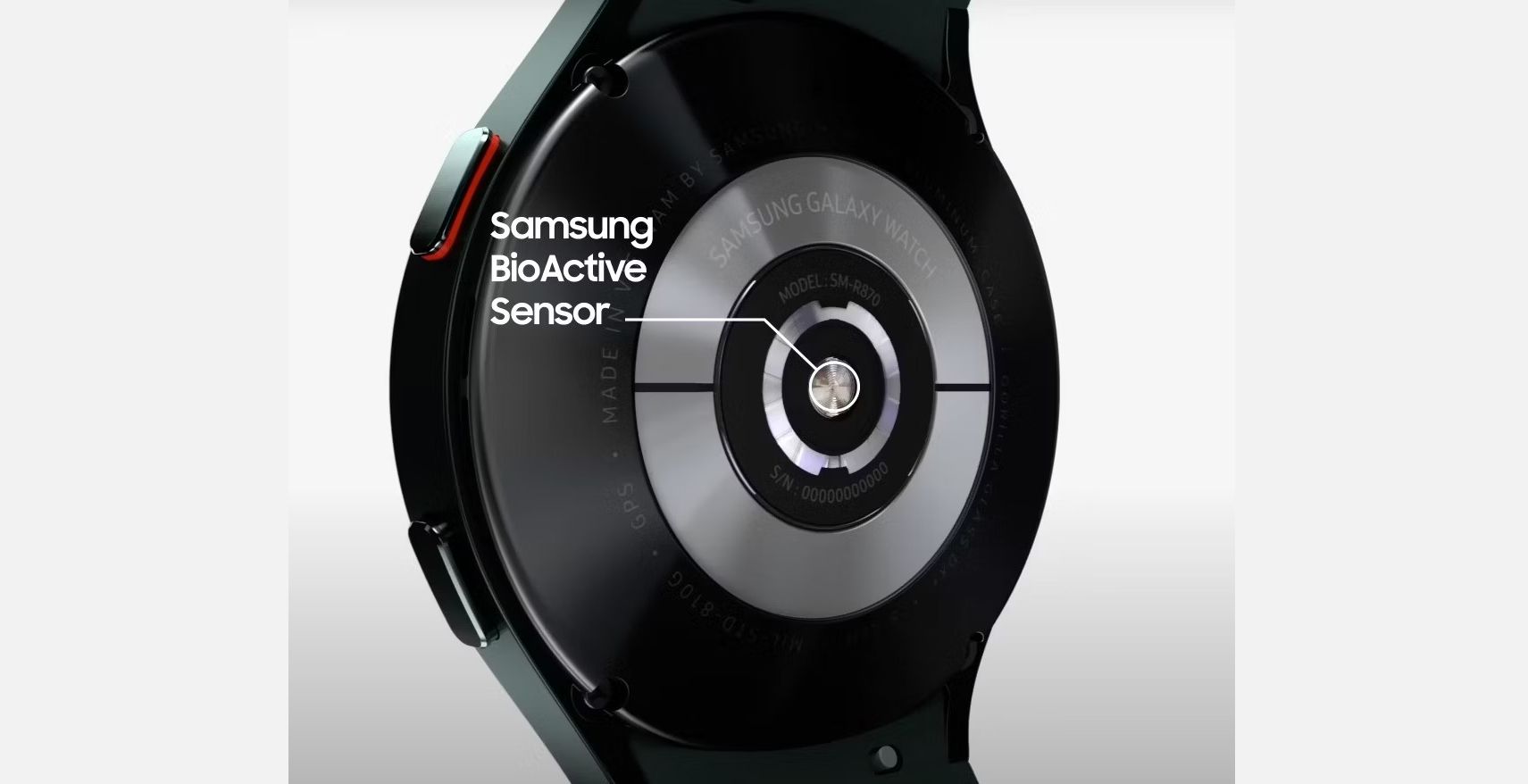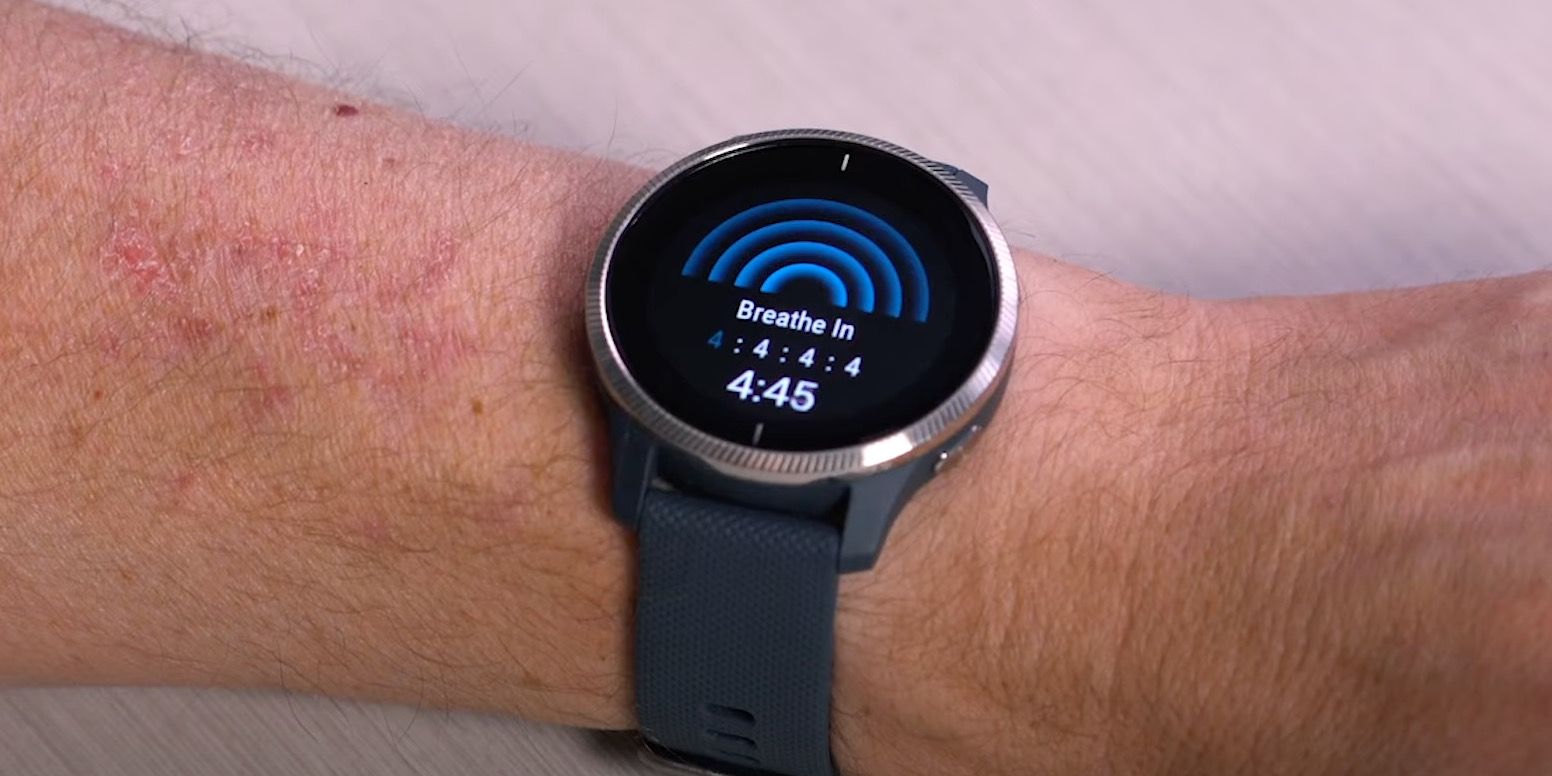The hardware and software available on smartwatches can be incredibly powerful in monitoring and analyzing various aspects of your health. And while they're commonly associated with physical elements, they can do wonders for your mental wellbeing as well.
With the right device and the right stack of apps, you can transform your smartwatch into a personal life coach and improve mental health in a variety of ways. This article will show you how.
1. Sleep Tracking
You've heard it a million trillion times by now: sleep is essential for good mental health and wellness. Some would argue that sleep is the most important variable in determining your overall level of wellbeing. Being well-rested helps regulate moods, reduce stress, improve clarity of mind, and increase energy levels. For this reason, sleep tracking continues to be one of the most interesting tech wellness trends.
Unfortunately, you might not be getting enough sleep. Moreover, while you might think you're only underslept by a few minutes or even a few hours across a week, you might be operating with a much more severe and chronic sleep debt than you think.
Sleep tracking is a feature that you can find on many devices, including the Apple Watch and the Samsung Galaxy Watch. Using these devices, you can quantify your sleep habits and understand the full scope of possible sleep issues. And once you understand the extent of an issue, you may find yourself motivated to develop a personalized plan for fixing it.
For those who suffer from more acute sleep issues, Apple announced a partnership with the NightWare PTSD app, which will come pre-installed on specially designated Apple Watches that patients can receive through prescriptions. The app and device have been designed to disrupt nightmares as they happen.
2. Nutrition and Diet Tracking
Improving your health and wellness is not something you do once and then forget about. It's not even a journey that you complete; rather, it's more easily understood as a way of life, a lifestyle. Nutrition and diet tracking is one of the most effective ways to build eating habits that support a healthy lifestyle.
By tracking what you eat, you'll not only be able to ensure you're consuming the right amounts of the right kinds of food for your physical goals (building muscle, losing weight, etc.), it will help you understand how different foods affect your energy levels and mental state, especially when coupled with a mood tracker.
You can use a service like the ever-popular MyFitnessPal to keep track of what you've eaten and stay on track with your diet. The service is available on Apple, Samsung, and Garmin smartwatches. By using this app on your smartwatch, you can view a chart of nutritional intake for the day, track water consumption, and add food items to count against your daily caloric total.
Download: MyFitnessPal for watchOS | Samsung | Garmin (Free, in-app purchases available)
If you're using a Samsung device, Samsung Health is also a reliable option for nutrition and diet tracking. The app recommends a calorie-intake goal for your diet based on your age, height, weight, and levels of activity.
3. Physical Monitoring
Most fitness trackers and smartphones feature a pedometer for counting steps, and many devices—including the Apple Watch—can measure your heart rate, sleep habits, and other metrics.
It's important to note that heart rate tracking devices have been around for some time, but it's not always clear how they work. Devices that record your heart rate might be useful in providing a ballpark baseline figure, but heart rate tracking apps aren't that accurate when compared with medical devices, especially during exercise.
Caveats aside, the Apple Watch has a built-in app called Activity. This tracks how much you move each day, which is as regular exercise can help reduce levels of anxiety and depression.
If you're an athlete, you'll find the data from Samsung's BioActive Sensor especially useful, which comes equipped on the Samsung Galaxy Watch 4, Galaxy Watch5, and Galaxy Watch5 Pro. This sensor differs from other devices on the market by using a single computer chip that combines three health sensors: Optical Heart Rate, Electrical Heart Signal, and Bioelectrical Impedance Analysis. This is the first device that can accurately measure body fat index.
Using smartwatches, you can set up personal targets, get tips and suggestions on what you can do to improve your physical health and see how you're progressing toward your goals.
4. Tracking and Motivation for Workouts
One of the most popular uses for smartwatches, particularly among people who work out regularly or are training for an event like a marathon or triathlon, is to provide motivation and tracking. If you're one of these folks, a smartwatch with a built-in GPS will allow you to monitor how far you've run or biked.
Smartwatch apps can even offer instructional videos that show how to perform certain workout routines properly—and most of them include voice coaching included, so it's like having an instructor with you wherever you go.
5. Monitoring Stress Levels
As you're probably aware, too much stress can cause all kinds of problems for your mental health. These include anxiety, irritability, and sleep problems.
It's also extremely difficult to monitor your stress levels. This is another area smartwatches can play an important role. They not only monitor everything from heart rate to sleep patterns but can also include a stress score that combines elements such as sleep quality and exercise into one number. And since they feed off data collected throughout the day (or night), it gives you a complete picture of both how well and how poorly your body is recovering from daily stresses.
If you do find yourself overly stressed, a smartwatch can lead you through a guided breathing session designed to down-regulate your nervous system.
Using a Smartwatch to Improve Your Mental Health
You're probably not going to replace your therapist or doctor with a smartwatch, at least not yet. Until you do, you can use a smartwatch as a useful tool in helping you stay on top of your mental health.
Because smartwatches are always improving, they may soon be able to give you even more detailed information about how your body and brain work.




